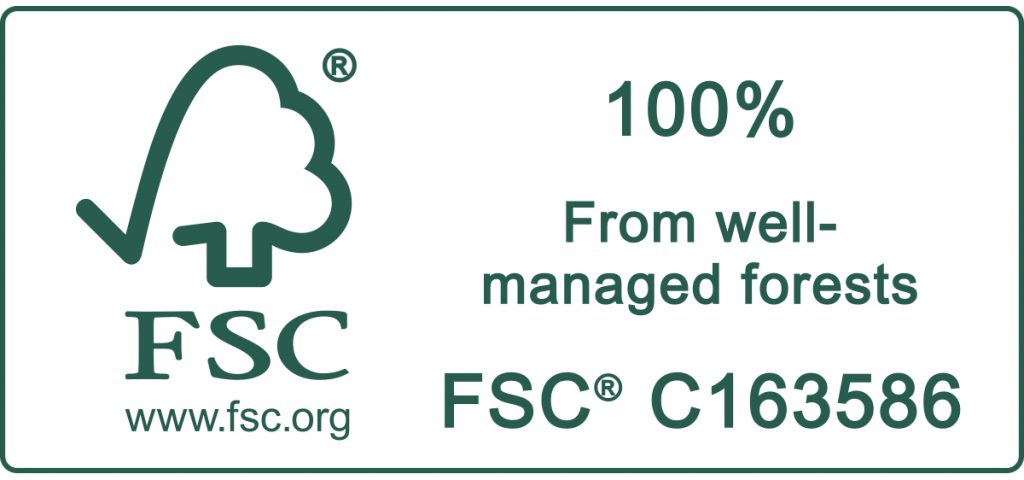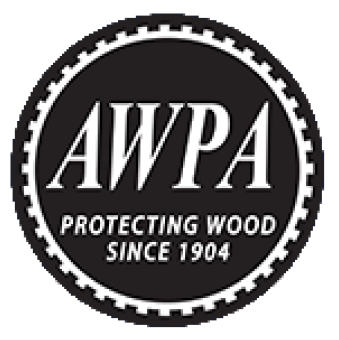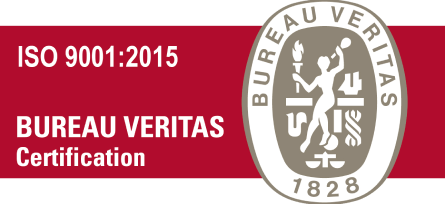Data rooms are typically used to store, track and share critical documents used in business. They are often employed in M&A transactions and fundraising, as well as other due diligence processes. Unlike email or free file sharing services, they can be secured with password protection and two-factor authentication, watermarks and other privacy features. It is particularly useful for companies working with sensitive data, such as biotechnology or medical devices.
Authorized users can access a data room from any device that has an internet connection including mobile phones and tablets. Users can view, print and download documents in the data room. They can also save them to read later. They can also ask questions and receive notification when documents are uploaded or when there are new comments made to existing documents. The data room can be searched, making it easy to locate information, even if the information appears scattered or poorly organized.
Create a folder structure that reflects the nature of your transaction or business to maximize the benefit of your data room. Label the folders clearly and group the documents together to make it easier for buyers to see the whole picture. Consider creating an audit log that tracks who has viewed and downloaded each document. This feature is essential for demonstrating compliance to the requirements of the law or to protect intellectual property.





